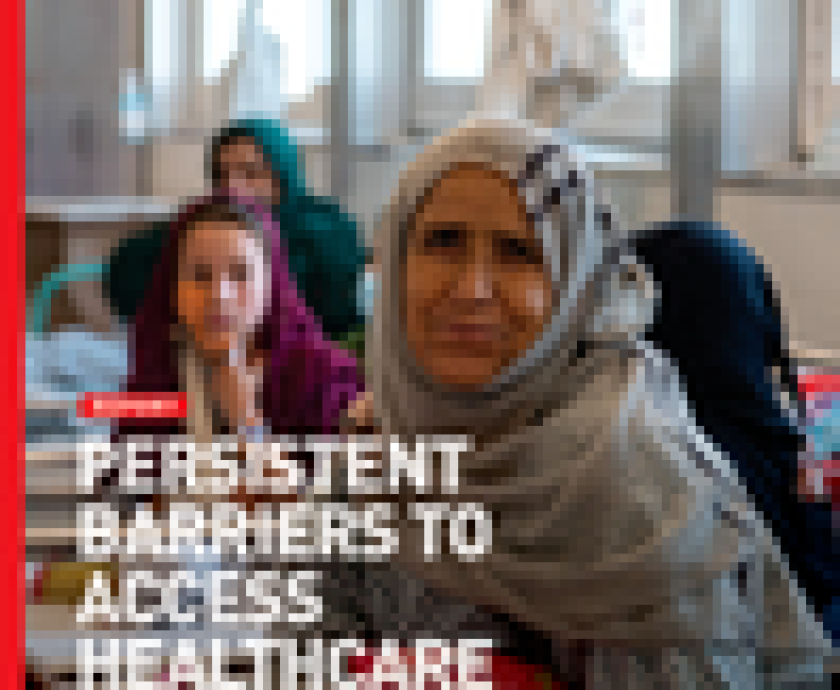Click to expand Image
Zhanbolat Mamay © Inga Imanbay
This week Kazakhstan celebrated a major holiday marking the beginning of Spring, Nowruz/Nauryz. For Kazakhs, it is a time of street festivals, plenty of food, and big family gatherings. But not all Kazakhs were celebrating this year. Zhanbolat Mamay, a prominent opposition figure, spent the holiday in pretrial detention after being arrested on what appear to be trumped-up charges.
Mamay, a former journalist, is the leader of Kazakhstan’s unregistered Democratic Party.
In February, Mamay was sentenced to 15 days detention for organizing an unsanctioned vigil to commemorate peaceful protesters who, while demonstrating against rising fuel prices in January, were killed by Kazakh security forces.
Mamay was due for release on March 12, but instead he was rearrested on new criminal charges, and on March 14 the court placed him in pretrial detention for two months. His alleged crimes are insulting law enforcement officers and distributing “false information.” If convicted, he could face three years in prison.
These charges are based on laws Kazakh authorities have often used to silence critics. In recent years, Kazakhstan has banned several political opposition groups and targeted people associated with them.
The first case against Mamay, of “insulting representatives of the authorities,” is based on events that allegedly took place during an unsanctioned rally in September 2021. There, Mamay is alleged to have called police officers “traitors” for throwing him to the ground and detaining another activist. Kazakhstan strictly limits peaceful assembly, and its law on public assemblies falls well short of international standards.
The second criminal case initiated is for distributing “false information,” after Mamay used social media to broadcast meetings he had with the Kazakh Agency for Regulation and Development of the Financial Market. In December 2021, the agency said Mamay spread false information about “credit amnesty” for loans to further his own “personal political purposes.” To silence him, Kazakh authorities are availing of a law too often used to crush dissent.
This month, Kazakhstan’s President Kasym-Jomart Tokaev pledged to create a “New Kazakhstan” and to liberalize the procedure for opposition political parties to register. If a more open political system is in fact to emerge in Kazakhstan, it could start with respect for Mamay’s rights. The authorities should drop the trumped-up charges against him and have him released.



